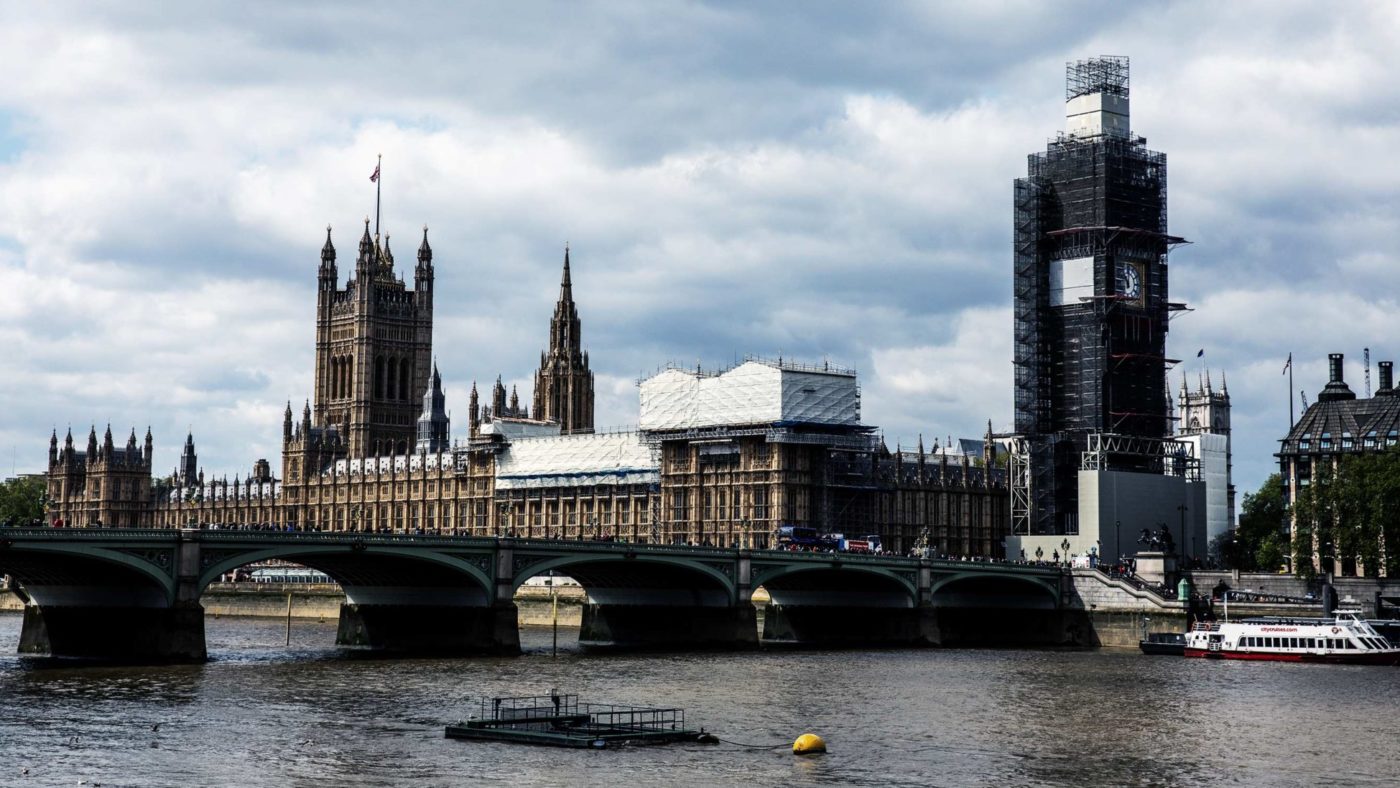The parliamentary expenses scandal, which first broke a decade ago, was a key moment in our history. Yes, most people had suspected that their MP was at it, but the absence of proof allowed them to avoid thinking about it too much, to tolerate something that was unquantified and lacking in any detail.
Well, from May 2009, there was quantity and detail aplenty, as well as lists of individual names to attach to the most egregious misbehaviour. On the other side of the fence, inside the parliamentary enclosure, as it were, MPs’ experience of the daily revelations about themselves and their colleagues assumed a life-changing severity.
I was an MP at the time. A deathly calm descended on the tearooms, corridors, committee rooms and chamber of the Commons as 600 men and women waited, breath bated, for the verdict on their conduct to be announced by the Daily Telegraph.
After the loss of the Speaker himself, police investigations and unprecedented (but entirely justified) voter anger, MPs were willing to accept any new expenses system, however unworkable, unfair or miserly, provided it allowed them to move on and talk about something else.
And so we ended up with the Independent Parliamentary Standards Authority (Ipsa), whose first act was to ban the use of parliamentary allowances for the payment of mortgages on MPs’ second homes. There were other reforms: new restrictions on first class travel and taxis, on allowances for food and on office expenditure – most notably the ending of the regime where an MP could spend anything up to £250 on an item and claim reimbursement without the need to present a receipt.
But it was the shift from ownership to rent that was Ipsa’s priority, a move that was welcomed by the general public. After all, why should an MP be allowed to buy a property in central London at the taxpayers’ expense, and to pocket the capital gains on retirement?
Reports today that the total amount of expenses now being claimed by MPs is once again edging up to pre-2009 levels should come as no surprise to anyone. In fact, the new system adopted in 2010 made this inevitable. It was simply a consequence of the new system that the public would have to pay.
For example, a colleague who had been first elected in 1997 had owned the same flat since a couple of years after that. By 2009 she was paying less than £500 a month on an interest-only mortgage. In 2010, having been told by Ipsa that she could no longer claim interest on the mortgage, she moved into rented accommodation and charged the £1150-a-month bill to the taxpayer. No doubt that bill, had she remained an MP, would be significantly higher today.
So the taxpayer lost out, but had the satisfaction of knowing that a private landlord, rather than an MP, was set to receive a windfall when the property was eventually sold on.
There are many Western democracies where parliamentarians are given a (large) flat rate payment each year to help them with overnight accommodation during the working week, and told they can do whatever they like with it. That is quite probably over-generous and unfair. But given the costs to the taxpayer of the existing system, the choice is between degrees of unfairness.
Take the running costs of Ipsa into account and we are already paying significantly more on MPs’ expenses than we did pre-2009. Ipsa employees spend their publicly funded time chasing down paperwork, setting up bank transfers to private landlords, even checking bus timetables so that they can turn down requests for taxi fares by MPs. MPs and their staff too spend absurd amounts of time using Ipsa’s cumbersome online system, listing every expense electronically and then posting the exact same information to the organisation separately.
Yes, it serves them right. Someone had to pay a price for the weaknesses and the exploitation of the previous system. But at some point we are going to have to get over it. We’re going to have to acknowledge that spending more than we have to on an expensive and cumbersome quango and on repayments to MPs themselves is simply not sustainable.
Everyone has their own answer to the dilemma. Development of the former Olympic Village in London’s east end is a favourite, as is the wholesale purchase of flats by the Commons. But all such “solutions” are nothing of the kind and are based on a basic ignorance of what MPs do and who they are. Do we really expect MPs whose main family homes are already in London to move their spouse and children out of their current schools and their current houses and into a small flat in Stratford? And in what universe is the House of Commons qualified to become a social landlord?
Democracy costs money. It’s perfectly natural to resent paying for it, especially when historically the taxpayers’ largesse has been so cynically exploited. Nevertheless, we need a sustainable system that allows MPs to enjoy a comfortable life when they’re in London serving their constituents and that does not leave them out of pocket. It is not appropriate to opt for any system just because it makes lives difficult for the people we elect.
The case for a flat rate annual payment to MPs needs to be made, and it cannot be made by MPs themselves, for obvious reasons. The alternative is ever-rising rental costs that in a few years will dwarf anything that has gone before.
CapX depends on the generosity of its readers. If you value what we do, please consider making a donation.


